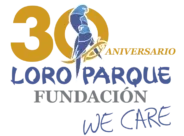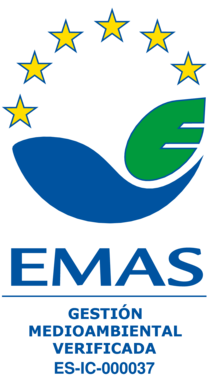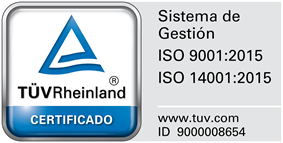Source:
Recently, Thomas Cook, a touristic tour operator, stated that they will not sell tours or tickets of Zoos, keeping Orcas. As reason the impact of keeping those animals on animal welfarewas provided in addition to the change of visitor opinions. This statement has a negative influence on zoos at all, as the statement sentence all zoos keeping orcas, and maybe even more in future. In general, it is a positive sign, that tour operators think about the attractions they sell and implement also quality controls based on scientific evidence which can be measured. This has been done by several tour operators and zoos where accredited. The problem starts, when Zoos, which passed this accreditation, than gets banned by single tour operators without providing further reasons. In public, this might be taken as scientific evidence that either the zoos have not passed this accreditation, or that certain animals cannot be kept in captivity by respecting animal welfare. For the first, this is just a false information with regard to the LoroParque as he passed this accreditation, and for the second there is no scientific evidence that generally the keeping of Orcas in captivity is not possible.
Suffer of animals is difficult to judge. An animal can suffer by organic or mental reasons. In the first case the suffer is usually obvious, in the second case suffer also results in health issues or behavior alterations. If, in the second case mental suffer does not result in health issues, it is not detectable, if even present. For the last no evidence is so far provided and leads just to an emotional discussion which is not scientifically based. This means that only the health of an animal (and physiological parameters) is a measurable tool. Therefore, it is vital that Zoos have their own veterinary departments with experts in their field, exchanging their knowledge worldwide. Here, Loro Parque is an excellent example of state of the art veterinary care. Their vet department involves three veterinarians, which have a long history of zoo animal experience and even free-ranging animal medicine. They are supported by state examined veterinary nurses and educated laboratory staff working in a large in-house laboratory. Many zoos do not have such facilities. The animals are routinely examined and environmental samples are taken, so any alterations in the health or management of the animals are immediately noticed. By providing this and not detecting management related health issues in the animals, there is no evidence that the animals do suffer.
Control of Zoos by specialist are necessary and if zoos fail to meet the state of the art criteria of zoo management, tourist operators may and should implement consequences. But this should be based on the Zoo itself and not on the animals they are keeping by pretending that such animals cannot be kept.
All in all, tour operators should not start to act as judges for animal husbandry and what is possible and what is not. They should implement accreditation systems based on scientific evidence and knowledge developed by experts in Zoo housing systems and veterinarians which are specialists for the different animal groups. In general, such a statement of a tour operator as made by Thomas Cook is unfair for those zoos providing the best care to their animals according to the up to date knowledge which is available at present and does not respect the impact of zoos towards species conservation and nature awareness of the public. The emotional driven discussion, which potentially led to the decision of the tour operator should be placed back on a scientific and evidence based discussion.













